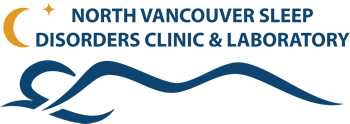Insomnia
- Home
- Sleep Disorders
- Insomnia
Insomnia
Insomnia is a common sleep disorder where people have trouble falling asleep, staying asleep, or both. If you have insomnia, you might find yourself lying awake for a long time before falling asleep, or you might wake up in the middle of the night and struggle to go back to sleep. This can lead to feeling tired and not well-rested when you wake up in the morning. Insomnia can affect your mood, energy levels, and ability to function during the day.
There are two main types of insomnia: acute and chronic.
Acute insomnia is short-term and often happens because of life circumstances, like feeling stressed about an upcoming event or after receiving bad news. This type usually resolves without treatment or may need short term medications.
Some common causes of chronic insomnia include:
- Genetic predisposition to insomnia - being a light sleeper
- Medications that disrupt and interfere with sleep
- Poor sleep hygiene including:
- Excessive use of electronic devices in the evening
- Not maintaining a regular sleep schedule
- Excessive caffeine intake
- Napping in afternoon
- Over thinking / inability to turn off racing thoughts
- Circadian rhythm issues
- Depression, anxiety and other psychiatric disorders
- Snoring or sleep apnea (sleep disordered breathing)
- Pain or discomfort from arthritis, headaches and other causes
- Restless leg syndrome
- Overactive bowel or bladder
- Menopause symptoms
- Neurodegenerative disorders such as Parkinson’s or Alzheimer’s
Treatment for insomnia can include improving sleep habits, cognitive behavioral therapy, creating a comfortable sleep environment, and sometimes medication.
